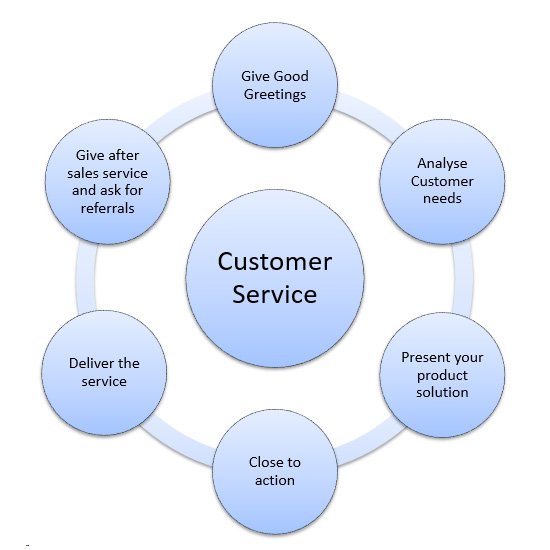Customer Service Training Availability, Pricing and Course Dates
If you have any questions, please phone us (020 3856 3037) or send us a message.
Bespoke Training (In-House or Live Online)
(International Price Varies)
In-House training has been designed to provide a similar experience to our open courses, however we can tailor the content to fit your specific needs.
Plus, travel and hotel accommodation for trainer if needed (Premier Inn type: not the Hilton!)
We are able to train in your timezone.
All our training includes:
- A full day of quality training, delivered by an experienced trainer
- Total of 6 CPD training hours (9am - 4.30pm), plus an additional 2-3 via post-course online independent learning.
- Full digital interactive course notes
- Training certificate
- Access to additional free training material after the course via our post-course portal
- 3 months free telephone coaching: Whilst you are implementing what you have learned, if you need to, you can contact us for support and guidance
What is Customer Service Training?
Customer service training is essential because all organisations need to know how to keep customer loyalty.
Customers remain loyal only if they believe that organisations are ready, willing and able to render good service. Customers complain whenever they feel they have not received the full value that was promised, or if they feel they were let down, or they feel in any way mistreated.
When they call, customers are often in a negative emotional state, and your customer service staff must be able to do three things: quickly identify the facts, solve the problem efficiently and keep the customer satisfied and loyal to your organisation.
This customer service training course will teach how to achieve these goals.
Contact Us Today
If you want to know more about this course, or any other Management Training Courses, or their suitability for you or a colleague, call us on 020 3856 3037 or make an enquiry online.
Customer Reviews
Cable Management Products
Centerplate UK
Customer Service Training Course Overview
We have divided the course into three parts: the excellent customer service process, customer service communication skills and customer service attitudes.
The customer service process is itself made up of: introduction, empathy, investigation, proposed solution, confirmation, close. You will learn the skills relating to each of these parts.
Communication skills consists of: words/ phrases we should use, words/ phrases we should never use, correct voice tones, the importance of good accurate notes.
Customer service attitudes: How attitudes can help or hinder customer service. How to keep a positive attitude, even on tough days.
When people finish this training, they are fully equipped to deliver excellent customer service. Which is good for you, good for them and good for the organisation.
Learning Outcomes:
- Master the six steps of great Customer Service
- Give a friendly greeting and introduction
- Accurately analyse your customers’ individual needs
- Give a professional presentation of your product or service
- Agree specific actions
- Provide a prompt delivery of your product and service
- Win more business by making a request for a referred lead
Customer Service Training Course Details
Morning Session
Introduction to Customer Service Training
What is the customer service experience?
Greetings and introduction
People do “judge books by their covers”
Elements of first impressions
Analysis and investigation of customer needs
Success is essentially simple
Communication: The proper use of language
Avoid the bad use of words
Afternoon Session
Communication
Intensity of your own emotion
Body language
Physical surroundings must create a positive emotion
Politeness, proper sense of humour and good sense of etiquette
Timeliness and its effect on the mind of the others
Professionalism
Ask for referrals
Summary and Action Plan
Customer Service Training FAQs
How do I join a Corporate Coach Group course?
Is this course offered in-house?
How can I develop empathy in customer service?
What are the top 3 qualities of customer service?
What is the course training method? Is it interactive?
How do you handle angry customers?
What kinds of people attend this Customer Service course?
Companies We've Trained
Related Articles from our Communication - Clear Communication Blog
Finding a Common Frame of Reference
30 April 2024Instead of categorising people based on differences like gender, race, age, and personality traits. Finding a common frame of reference suggests focusing on similarities, rather than differences, to foster understanding and connection among people.
Continue Reading >Investigative Vs Ordinary Conversations
23 April 2024Conducting investigations entails the skill of adeptly gathering and analysing information to unearth facts, resolve issues, and arrive at informed decisions. It's imperative for professionals to master the art of framing conversations accurately.
Continue Reading >How to be an Effective Communicator
2 January 2024Effective communication ensures clear understanding. Misunderstandings, confusion, and errors arise when we fail to convey our message accurately. We look at the ways to make ourselves more clearly understood.
Continue Reading >Mastering the Art of Conversing Knowledgeably on Unfamiliar Topics
24 October 2023Learn to discuss unfamiliar topics adeptly with a five-step approach, avoiding uninformed statements while engaging in knowledgeable conversations.
Continue Reading >









